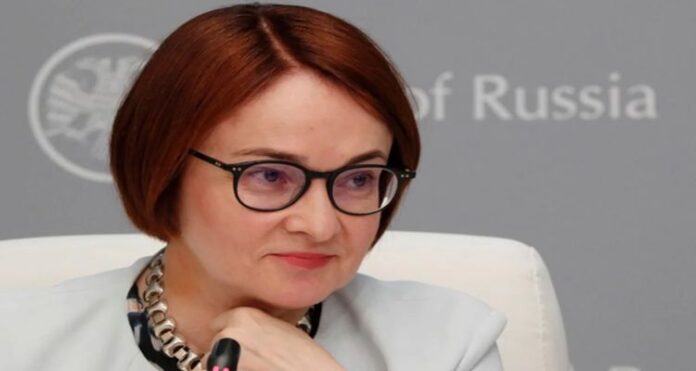| Translate This News In |
|---|
Russia’s prestigious central bank According to four people familiar with the discussions, Governor Elvira Nabiullina attempted to resign after Vladimir Putin ordered an invasion of Ukraine, only to be told by the president to stay. Ms. Nabiullina’s current views could not be learned after she was nominated for a new five-year term last week. She is now left to deal with the fallout from a war that has quickly undone much of what she has accomplished in the nine years she has been in office. According to sources, leaving now would be viewed as a betrayal by the president, with whom she has teamed up for nearly two decades. Ms. Nabiullina, 58, has not publicly commented on her reappointment and has not responded to a request for comment for this article. The press service of the central bank did not respond to a request for a statement for this article. Following its publication, the press service informed Tass that it “doesn’t correspond to reality,” without providing any further details. A request for comment was not returned by a Kremlin spokesman. According to people familiar with the situation, only one senior official has resigned over the war: longtime economic reformer Anatoly Chubais, who stepped down as Putin’s climate diplomat this week and left the country.
Elvira Nabiullina,
Ms. Nabiullina, regarded as one of the world’s best monetary policymakers by publications such as Euromoney and The Banker, now faces commercial considerations isolated by international sanctions and starved for investment as foreign firms leave.
In the aftermath of the February 24 invasion, as the ruble fell as the US and its allies imposed sweeping sanctions, including on the central bank itself, she more than doubled the key interest rate and imposed capital controls to stem the outflow of cash.
The central bank announced that it would no longer intervene to defend the ruble after international sanctions froze more than half of its $643 billion in reserves.
“The central bank can only adapt to shocks as long as there is an escalation,” said Oleg Vyugin, a former senior Bank of Russia official who has known Nabiullina for over 20 years.
Hopelessness
Some central bank officials have described a sense of hopelessness in the weeks since the invasion, feeling trapped in an institution that, as Russia is cut off from the rest of the world, will have little use for their market-oriented skills and experience. At one point, the rate of departures was so high that the IT department ran out of hands to close accounts. Employees were guided through the final bureaucratic system on their way out by arrows plastered along passageways.


















